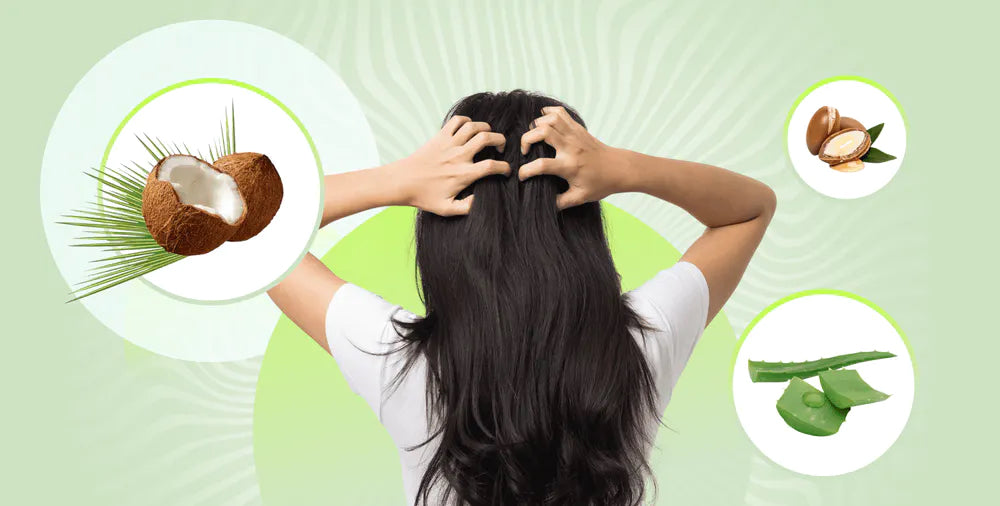When it comes to protecting our skin from the harmful effects of the sun, sunscreen is a must. But what if you run out of sunscreen and the only thing you have on hand is olive oil? Can olive oil be used as a substitute for sunscreen? Let's find out!
The Science Behind Sunscreen
Sunscreen works by blocking or absorbing the sun's ultraviolet (UV) radiation. It contains active ingredients that either reflect or scatter the UV rays, preventing them from penetrating the skin.
Most sunscreens have a Sun Protection Factor (SPF) rating, which indicates the level of protection they offer against UVB rays. The higher the SPF, the greater the protection.
Does Olive Oil Have an SPF Rating?
Olive oil does provide some level of sun protection, but it is not a substitute for sunscreen. It has a natural SPF of around 2-8, which is significantly lower than the minimum recommended SPF of 30.
While olive oil can help moisturize the skin and provide some protection against UV rays, it is not sufficient to shield your skin from the sun's harmful effects.
The Limitations of Olive Oil as Sunscreen
There are several reasons why olive oil is not an effective sunscreen:
- Low SPF: As mentioned earlier, olive oil has a low SPF rating, which means it offers minimal protection against UVB rays.
- No UVA Protection: Olive oil does not protect against UVA rays, which are responsible for skin aging and can contribute to skin cancer.
- Lack of Stability: Unlike commercial sunscreens, olive oil is not formulated to withstand prolonged sun exposure. It can easily break down and lose its effectiveness when exposed to UV rays.
- Potential for Skin Irritation: Some individuals may be allergic or sensitive to olive oil, leading to skin irritation or even allergic reactions.
The Importance of Using Proper Sunscreen
To ensure adequate protection against the sun's harmful rays, it is crucial to use a broad-spectrum sunscreen with a minimum SPF of 30. Look for sunscreens that offer both UVA and UVB protection and are water-resistant.
Apply sunscreen generously to all exposed areas of the skin, and reapply every two hours or more frequently if swimming or sweating. Remember to also seek shade, wear protective clothing, and use sunglasses to further protect your skin from the sun.
In Conclusion
While olive oil may provide some minimal sun protection, it is not a substitute for proper sunscreen. To protect your skin effectively, choose a sunscreen with a high SPF rating, broad-spectrum protection, and water resistance. Your skin will thank you!
< Read the Previous Blog (Natural Sun Protection With Olive Oil)
Read the Next Blog (Olive Oil As a Moisturizing Sunscreen) >
Continue Reading Our Series On Olive Oil As Sunscreen
- Using Olive Oil as Sunscreen
- Benefits Of Using Olive Oil As Sunscreen
- Is Olive Oil a Good Sunscreen Alternative?
- DIY Olive Oil Sunscreen Recipe
- Olive Oil Vs Commercial Sunscreen
- Natural Sun Protection With Olive Oil
- Olive Oil SPF Rating
- Olive Oil As a Moisturizing Sunscreen
- Olive Oil Sunscreen For Sensitive Skin
- Olive Oil Sunscreen For Hair
- Olive Oil Sunscreen For Face
- Olive Oil Sunscreen For Dry Skin




